About St Lukes Behavioral and Mental Health Services
St Lukes Behavioral and Mental Health Services offer a wide range of services to help those struggling with addiction and mental health issues. They offer both inpatient and outpatient treatment options, as well as a variety of therapy options. They also have a strong focus on family therapy and aftercare support.
Addiction Treatment Programs
Alcohol Rehab
f your life has been negatively impacted by alcohol use disorder, an alcohol rehab in Iowa can help. In an alcohol program, you’ll not only receive treatment, but you’ll participate in activities, receive peer support, and learn how to have fun without alcohol.
Dual Diagnosis
Iowa dual diagnosis treatment is an integrated approach that addresses both your mental health and substance use. In dual diagnosis programs, the activities, peer support, and counseling are tailored to the unique needs of those with mental health concerns. This may include additional therapy, medication, or peer support.
Drug Rehab
Facilities that offer drug rehab in Iowa can give you the skills and tools you need to break free from substance use disorder. The rehab program may use multiple approaches, including nutrition, psychology, holistic methods, and support groups. These tools help you build a substance-free lifestyle and move into long-term recovery.
Adult Program
Choosing an adult program in Iowa can be a great way to address important life issues while also getting addiction treatment. In an adult program, the activities, peer support, and counseling are tailored to the unique needs of this age group. This may include talking about how to build a career, raise a family, and handle the many responsibilities of independent living.
Young Adult Rehab
A young adult rehab in Iowa addresses the unique needs of young people transitioning to adulthood. In a young adult program, the activities, peer support, and counseling are tailored to the unique needs of this age group. This may include talking about how to start a career, have a family, and live independently.
Insurance Coverage
Self-pay options
Self-pay for rehab in Iowa means using your own money or a bank loan to pay for treatment. You can send money to a center electronically, write a check, or take out a medical loan.
Medicaid
Paying for rehab in Iowa can be done in multiple ways, including using Medicaid if you qualify. This can be helpful for those struggling to pay for treatment. Look for centers that accept Medicaid and offer the levels of care you need, such as detox, inpatient, and outpatient treatment.
Medicare
In Iowa, using Medicare to pay for rehab can allow you to get the care you need. Your insurance plan can pay for some or all of the costs of rehab, especially if you choose a center that’s in the Medicare plan’s network. Be sure to get the full details before you start treatment.
Private insurance
In Iowa, using private insurance is a good way to pay for rehab. Insurance plans vary, so it’s important to contact the insurer for details. The best way to keep costs down is to choose a treatment center in your plan’s network.
Military insurance
If you have military insurance in Iowa, you can use your coverage to help pay for rehab treatment. Contact your insurer to find out coverage details and to learn what out-of-pocket costs to expect, such as deductibles and copays.
Levels of Care
- 1
Detox Treatment
The process of detox in Iowa may sound intimidating, but it’s a vital first step to recovery. Detox gets you ready to start building new habits, creating healthy relationships, and learn healthy coping strategies and other essential life skills.
- 2
Outpatient Rehab
For those who are more medically stable or have finished an inpatient program, outpatient treatment in Iowa can be a useful form of rehab. During outpatient treatment, clients have independence outside of sessions, allowing them to work, attend school, and practice their new habits in real-world situations.
- 3
Aftercare Support
A key component of preventing relapse after treatment in Iowa is to have ongoing care, also known as aftercare. A strong aftercare program can include ongoing counseling, education and employment support, housing services, and connections to community resources.
Therapies
Cognitive Behavior Therapy
When you’re struggling with addiction in Iowa, your actions and thoughts may not be rational. Cognitive behavioral therapy (CBT) can help you challenge your thoughts and adjust your actions accordingly. CBT can help you identify and challenge maladaptive thoughts, calm your mind, and face your fears rationally.
Family Therapy
One way to address the family conflict and challenging relationships that may impact your substance use is during family therapy in Iowa. Family therapy is a common part of both inpatient and outpatient substance use treatment and may be used to help address trauma, build better relationships, and help loved ones become part of your support network.
Group Therapy
One way to share your feelings and get feedback during rehab in Iowa is during group therapy. Group therapy is only one of the elements of treatment, along with activities, peer support, individual counseling, relapse prevention, and more. Together, all these methods support you in establishing long-term recovery.
Individual Therapy
It’s easy to feel isolated when you battle substance use, but individual therapy in Iowa can give you a professional ally in overcoming the roots of addiction. Substance use treatment includes detox, inpatient treatment, and outpatient care, and individual therapy may be a part of each of these stages. The goal is to help clients address the roots of addiction, develop motivation to change, and create new habits for a substance-free life.
Accreditations
Location
Contact St Lukes Behavioral and Mental Health Services
Top Drug Rehab Centers in Iowa
-
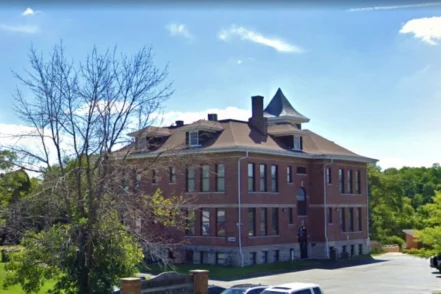 Iowa
IowaAlcohol and Drug Dependency Services ADDS Burlington
1340 Mount Pleasant Street Burlington, Iowa 52601
-
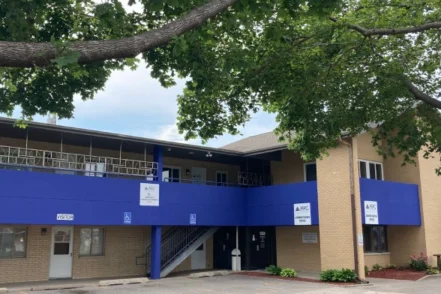 Iowa
IowaASAC Area Substance Abuse Council Main Campus
3601 16Th Avenue Sw Cedar Rapids, Iowa 52404
-
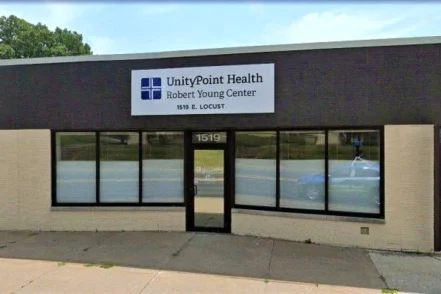 Iowa
IowaCADS Center for Alcohol and Drug Services Locust
1519 East Locust Street Davenport, Iowa 52803
-
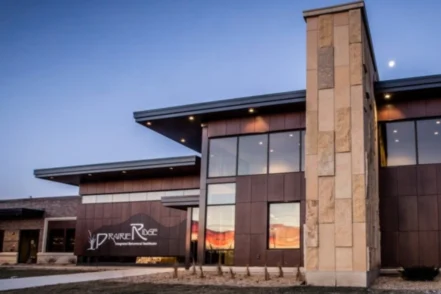 Iowa
IowaPrairie Ridge Integrated Behavioral Healthcare Mason City
320 North Eisenhower Avenue Mason City, Iowa 50402
-
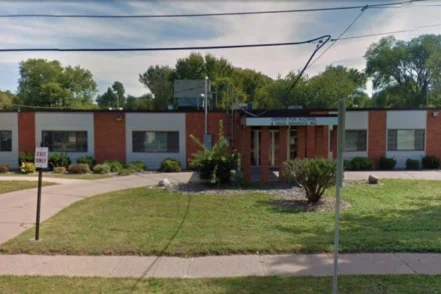 Iowa
IowaCenter for Alcohol and Drug Services CADS Fairmount
1523 South Fairmount Street Davenport, Iowa 52802
-
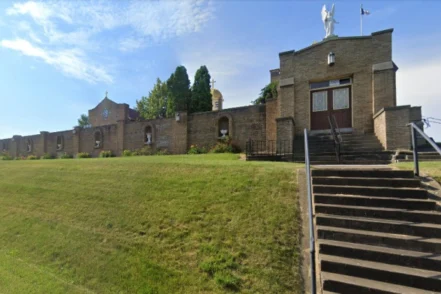 Iowa
IowaThe Abbey Center
1401 Central Avenue Bettendorf, Iowa 52722
-
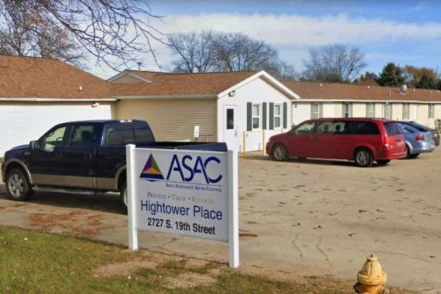 Iowa
IowaASAC Area Substance Abuse Council Hightower Place
2727 South 19Th Street Clinton, Iowa 52732
-
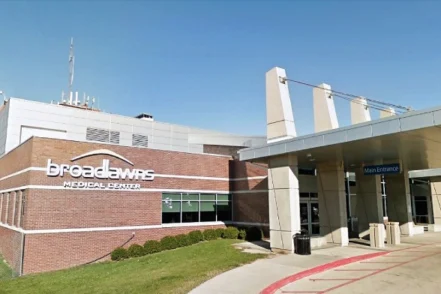 Iowa
IowaBroadlawns Medical Center New Connections
1801 Hickman Road Des Moines, Iowa 50314
-
 Iowa
IowaASAC Area Substance Abuse Council ND Housing
2733 South 19th Street Clinton, Iowa 52732
-
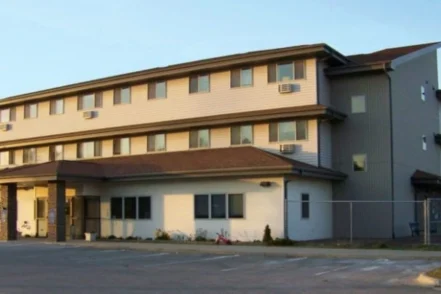 Iowa
IowaPrelude Behavioral Services Synchrony
438 Southgate Avenue Iowa City, Iowa 52240
